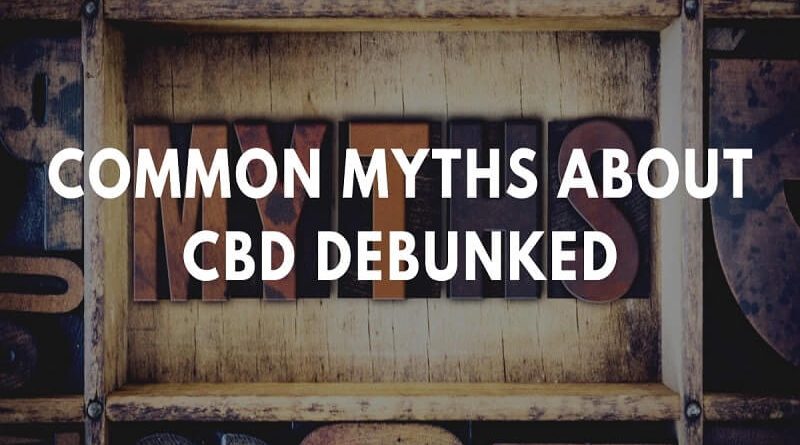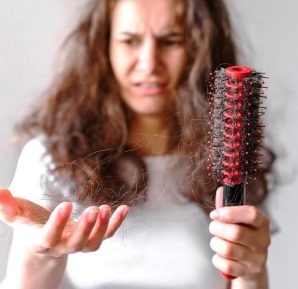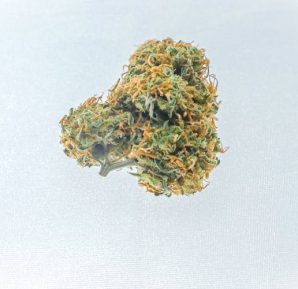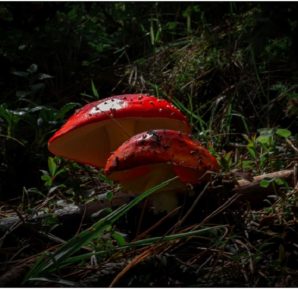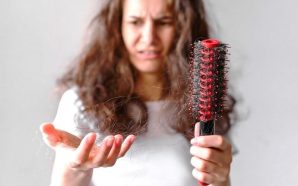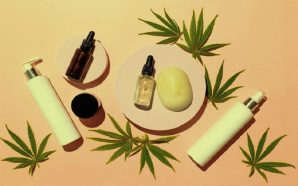CBD or cannabidiol has always been a popular topic of discussion in media, legislation, and medical research. It has been at the forefront of many treatment regimens and has shown a lot of promise in managing symptoms of several health conditions. From cosmetics to pet supplements, there are countless CBD products that are available in the market today. But despite its huge popularity, there is a cloud over how it works and the benefits it provides. So, in this article, we will separate facts from fiction.
CBD Is Exclusively Derived From Hemp
Hemp is a type of cannabis that is bred for industrial purposes like oil and seeds. These are also specifically designed to contain only a limited amount of THC content. In the United States, only cannabis plants that have THC content less than 0.3% qualify as hemp. A large part of the population believes that CBD is always sourced from hemp. But this cannot be farther from the truth. While some manufacturers use industrial hemp to produce CBD products, others create these products using CBD-rich strains. These strains produce more flowers and contain a lot more CBD than hemp, which is primarily grown for its fiber.
Basically, cannabis and industrial hemp are different varieties of the same plant species. While both come with their benefits, both are easily available online and in the market. Although, you must confer with your state laws before going on a shopping spree. Where hemp CBD is legal in all 50 states, marijuana-derived CBD is not. You may consult an MMJ doctor and get yourself a cannabis card to access quality cannabis products to manage your condition.
CBD Is Non-Psychoactive While THC Is For Recreation
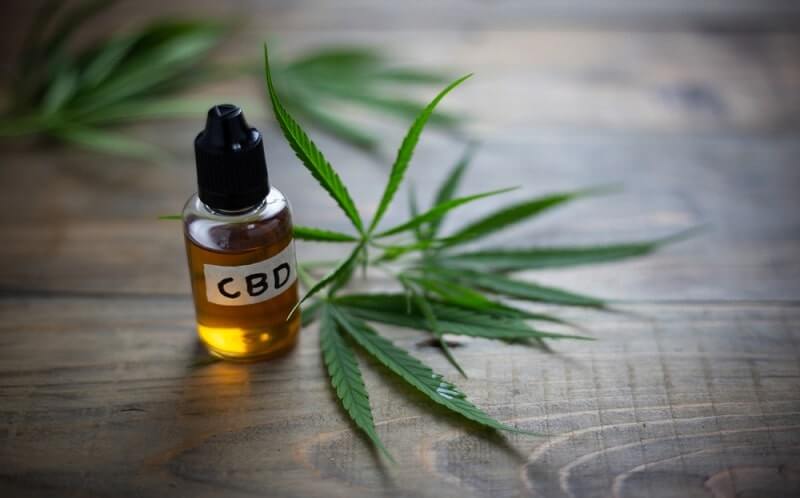
You may have read articles online stating CBD as a non-psychoactive cannabis product meaning that it does not alter with a person’s consciousness. But as research suggests, CBD has shown effective antipsychotic, mood-elevating, and anti-anxiety effects in humans. So, how could CBD not impact consciousness when it clearly shows these effects.
So, yes CBD affects a person’s psyche, often in beneficial ways. However, it doesn’t impair physical and mental function in most users even with high doses. That is why CBD can be considered as psychoactive but not intoxicating and impairing. If you haven’t already, let me help you with the false dichotomy that THC is for recreation while CBD is the medical part of the plant. THC has proven to be very effective in managing several health conditions. It is both medicinal and recreational. So, can CBD be considered that as well? Not likely. While CBD shows a lot of promise medically, it does not provide desired pleasurable effects. If you hang with your friends with a CBD vape pen, you won’t start giggling or sharing long stories with punctuated periods of wondering what you are talking about. Although, you will definitely feel more relaxed, focused, and stress-free.
Low Doses of CBD Is Enough
A lot of people believe that a low dosage of CBD is most effective in the treatment of medical conditions. They feel that it avoids side effects while enhancing the endocannabinoid system. But that is not always true. On the other hand, most researchers support high doses of CBD, especially when used in the absence of THC. We know that CBD is not as potent as THC is in relieving symptoms. For instance, if you are looking to manage anxiety or pain, 3 to 5 mg of THC would suffice. In contrast, you may require 30-200 mg of CBD to produce the same results. Yes, there is quite a significant overlap of the symptoms that can be treated by both the agents but the individual responses to CBD and THC varies significantly.
Studies and research have shown CBD to be an effective medicine in the treatment of seizures and anxiety with hundreds of milligrams per dose. That much does is simply unaffordable to some people. Yes, low doses of CBD are not enough but it still proves to be effective. So, if taking high doses is proving to be too expensive, you can reduce the amount of dosage and still reap the benefits.
CBD Works By Activating Receptors
The Endocannabinoid system is an instrumental part of our body that helps us respond to an injury or physical distress. It works on the cellular level to provide balance to the body. That is why it is a natural target for therapeutic interventions. The inflammatory, psychological, infectious, and gastrointestinal benefits of cannabis is justified by the healing power of the endocannabinoid system. CBD works in a similar way to that of THC in terms of therapeutic effects. We know that THC works like our body’s endocannabinoids; both turn on the cannabinoid receptors.
You would assume that CBD works in a similar manner as well. But in fact, this is a misconception. Yes, CBD does not stimulate the CB1 and CB2 receptors. Instead, it brings down the activity level, when it comes into contact with the receptors. Although CBD directly decreases the cannabinoid signaling, it also indirectly increases cannabinoid signaling by inhibiting the breakdown and transport of anandamide. I understand if this contrasting property of CBD is confusing you, well welcome to cannabinoid science. It is a field riddled with paradoxes.
CBD Is Schedule 1 Narcotic, So Very Less Research Done On The Compound

This fallacy has two parts. It is true that cannabis being a schedule 1 drug, it is difficult to conduct research on CBD. But there are several universities that have been given the nod to research the plant. For instance. Columbia University looked into the use of CBD in the treatment of glioblastoma, a type of cancerous brain tumor. The normal treatment included radiotherapy, chemotherapy, and surgery. The results of the research indicated the effectiveness of CBD in the treatment. CBD appeared to weaken and kill cancerous cells without affecting the healthy and normal ones. So, don’t be misled by the statement that there is no research done on CBD’s effectiveness.
Contrary to this, there has been significant research done on the subject. Especially in the past couple of years, considerable progress has been made in terms of CBD research. Don’t get me wrong, this doesn’t mean that cannabis cures cancer, of course not. But one cannot deny that cannabis has proven to be helpful in managing several symptoms and significantly helps in the treatment of the condition. If you are facing a dilemma of whether to choose cannabis for your treatment, you must consult a medical marijuana doctor. He will guide you better than anyone else.
In the end, it is important that you do your due diligence when it comes to research. Yes, It is very important to decipher what information is reliable and responsible, You must do the required research as is the case with most questions regarding health and wellness. If you are reading an article check if it mentions FDA approval of the CBD based medication, talks about the uses of CBD on specific conditions rather than generalizations, and whether it conflates the medical potential of cannabis with industry issues. And when in doubt, it is always best to have a word with a professional.
Oliver Stone is a content writer at Bakersfield 420 Evaluations. Besides his love for writing, he loves to paint and travel the world.




